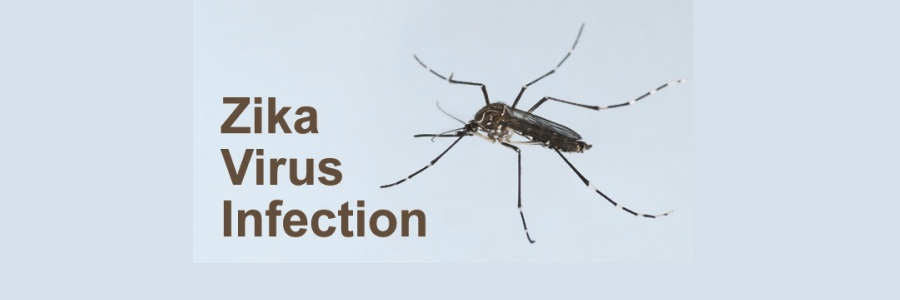Introduction
Chikungunya is a viral disease caused by an arthropod borne virus, which is transmitted to humans through the bite of Aedes Aegypti mosquito. There are three genotypes – two in Africa and one in Asia. The infection resembles dengue in features and is mainly reported from African and Southeast Asian countries including India. The name of the disease leads to a misconception that it is related to chickens, but in reality it has nothing to do with chickens. Chikungunya in Kimakonde language (spoken in Tanzania) refers to “to become contorted” owing to its arthritis like symptoms.
Causes
Bite of an Aedes Aegypti mosquito can transmit the Chikungunya virus, causing the disease. This mosquito usually bites during day time. The mosquito likes to rest in cool shaded areas, usually in and around the domestic areas.
Symptoms
-
Fever (up to 104℉)
-
Chills
-
Severe joint pain (Arthralgia)
-
Rashes on the trunk or on limbs
-
Swelling and stiffness of joints
-
Myalgia (muscular pain)
-
Headache
-
Nausea
-
Vomiting
-
Conjunctivitis
-
Slight photophobia
Fever usually lasts from a couple of days to a week, but other symptoms may persist for several weeks. Duration of symptoms was found to be higher in geriatric patients.
Diagnosis
Laboratory confirmation of Chikungunya is important since its clinical appearance is similar to that of Dengue. Tests which can be performed to diagnose Chikungunya are:
-
Virus isolation: Chikungunya virus – specific responses are identified from whole blood samples. This test may take one or two weeks for determining the results.
-
RT-PCR: Several Chikungunya specific genes are amplified using nested primer pairs. Results are obtained within two days.
-
ELISA: Chikungunya – specific IgM levels are assayed in the blood specimen.
Treatment
There is no particular treatment for Chikungunya, but we do not need to worry since it is cured by immune system. Some of the drugs which may help relieve the symtopms of Chikungunya are:
NSAIDs: These are Non-steroidal anti-inflammatory drugs which relieves the pain and decrease inflammation.
Aspirin is not recommended in Chikunguya
Anti-viral: In patients with arthritis symptoms from more than two weeks, ribavarin can be an effective option.
Non-drug treatment:
-
Excess fluid intake can help flush out the infection causing virus from the body
-
Avoid hot packs in the initial stage.
-
Cold compresses in the initial stages can help decrease the pain and decrease the damage.
-
Foods rich in vitamins (such as A, C and E), selenium, chromium and zinc can help strengthen immunity to fight against the infection.
-
Plenty of rest may prevent worsening of symptoms.
-
Consume easily digestible food.
-
Mild exercise may help relieve joint pains
-
Combination of honey and lime is found to have soothing effects on the disease
-
Avoid spicy food, caffeinated beverages, tobacco and alcohol as these foods weakens the defense system of our body.
WARNING SIGNS
-
Fever lasting more than 5 days
-
Dizziness
-
Uncontrolled vomiting
-
Decreased urine output
Prevention
Currently, vaccinations for Chikungunya are in experimental stage. Avoiding a mosquito bite can keep you away from the disease, which can be achieved by:
- Using mosquito nets at day time during sleep.
- Applying insect repellant on skin.
- Covering the body with full sleeves apparels
- Using window nets and curtains at home to prevent mosquito entry.
- Draining still water in pots and coolers to prevent mosquito breeding
- Closing open drainages if any.
- Introducing sea creatures like guppy fish in a pond, which can eat mosquito larvae in stagnated water.
In order to prevent further spread of the disease, an infected person must stay indoors and avoid mosquito bite.


